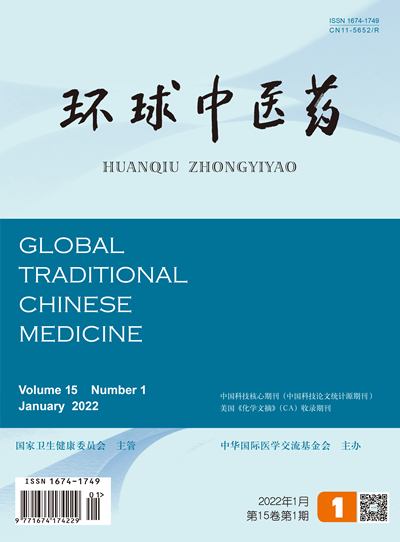Co-construction of categorical power relations in kin interaction
引用次数: 0
Abstract
Drawing upon ethnographic video-recordings of kin interactions in Chinese diaspora communities, I provide qualitative accounts of the parenting style by mothers of Chinese descent, and discuss the effect of their parenting on Chinese-American children’s development. My 72-hour digital data corpus yields evidence that a child, born to an authoritarian mother, assembles actions-in-interaction that not only position the mother high in esteem but also self-position his/her-self keenly alert to the mother’s effective power. In particular, prior to the enjoyment of, or privileged access to, leisure activities, the child will demonstrate his/her deference by initiating interactional rituals to secure parental approval; in responding to the mother’s moves of control, the child will display moral accountability by swift alignment with social impositions embedded in the mother’s control. By way of illustration, I argue that ways in which categorical power relations are orchestrated in kin interactions not only mirror mothers’ senses of themselves but also shape children’s construal of their own selves, the ones that are interdependent on other members in the family.亲属互动中范畴权力关系的共同建构
根据华人散居社区亲属互动的民族志录像,我提供了华裔母亲养育方式的定性描述,并讨论了她们的养育方式对华裔美国儿童发展的影响。我72小时的数字数据语料库提供的证据表明,一个由专制母亲所生的孩子,在互动中聚集的行为不仅使母亲受到高度尊重,而且使他/她的自我定位对母亲的有效权力保持敏锐的警惕。特别是,在享受或有特权参加休闲活动之前,儿童将通过发起互动仪式来获得父母的批准,从而表现出他/她的尊重;在回应母亲的控制动作时,孩子会通过迅速与嵌入在母亲控制中的社会强加保持一致来显示道德责任。通过举例说明,我认为在亲属互动中精心安排的绝对权力关系的方式不仅反映了母亲对自己的感觉,而且还塑造了孩子对自己的理解,即那些与家庭中其他成员相互依存的人。
本文章由计算机程序翻译,如有差异,请以英文原文为准。
求助全文
约1分钟内获得全文
求助全文

 求助内容:
求助内容: 应助结果提醒方式:
应助结果提醒方式:


